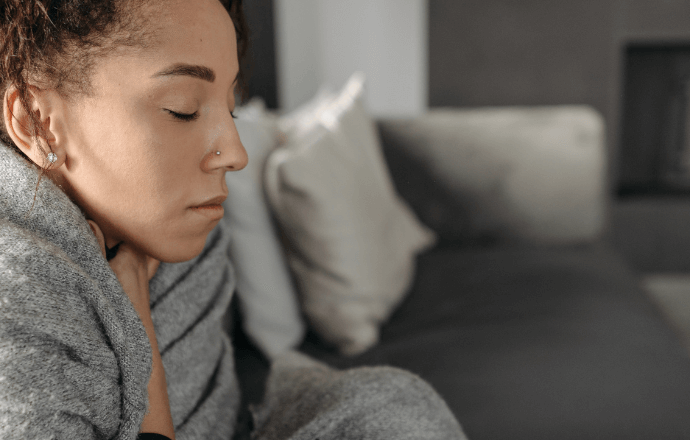Constipation affects about 20% of the population, causing 8 million medical appointments annually. It can also be related to the diets and lifestyles people eat or take medications for. Some have no idea what caused their constipated bowels to develop chronically.
Constipation can be caused by stress, irregular diet, lack of exercise, and so on. While many over-the-counter medications are available to treat constipation, there are also a number of natural remedies that can help. Constipation can be a painful and unpleasant experience affecting your everyday life. This blog outlines constipation and how to relieve it.
Medical Treatment for Constipation
Several medical treatments can be effective for constipation. These include stool softeners, laxatives, enemas, and suppositories. Stool softeners add moisture to the stool, making it easier to pass. Laxatives work by stimulating the intestine to move stool along. Enemas and suppositories are used to insert liquid or medication directly, which can work to soften the stool and stimulate bowel movements.
Cause of constipation
There are many possible causes of constipation, including a lack of fibre in the diet, dehydration, and certain medications. Constipation can also be a symptom of underlying medical conditions such as irritable bowel syndrome (IBS) or Crohn’s disease.
In most cases, constipation can be treated with simple lifestyle changes, such as increasing fibre intake and drinking plenty of fluids. However, if constipation is severe or persistent, it may require medical treatment.
When Constipation Is a Regular Problem?
If you’re having trouble with regularity, it may be time to see a doctor. While occasional constipation is normal, chronic constipation is not. Chronic constipation has fewer than three bowel movements in a week. If you’re struggling with chronic constipation, you may need to change your diet and lifestyle.
There are a few things that can contribute to chronic constipation.
- Not getting enough fibre in your diet is a common cause.
- Fibre helps to add bulk to your stool, making it easier to pass.
- Drinking enough fluids is also essential.
- Staying hydrated helps to keep your stool soft.
Certain medications can also contribute to chronic constipation. If you’re taking any medications, be sure to talk to your doctor about the possibility of constipation as a side effect. Some medical conditions can also contribute to chronic constipation.
If you’re struggling with chronic constipation, you can do a few things to help.
- Increasing your fibre intake is an excellent place to start.
- Adding more fruits, vegetables, and whole grains to your diet can help. Drinking plenty of fluids is also essential.
- Try to drink at least eight glasses of water a day.
- You may also need to take a stool softener or laxative to help get things moving.
Treatment for occasional vs chronic constipation
There are different treatments for occasional and chronic constipation. Home remedies and over-the-counter (OTC) laxatives can be effective for occasional constipation. These include stool softeners, fibre supplements, and laxatives stimulating bowel movements. A doctor may recommend a prescription laxative or other treatment for chronic constipation. This may include enemas, bowel training, or biofeedback. Surgery is rarely needed.











